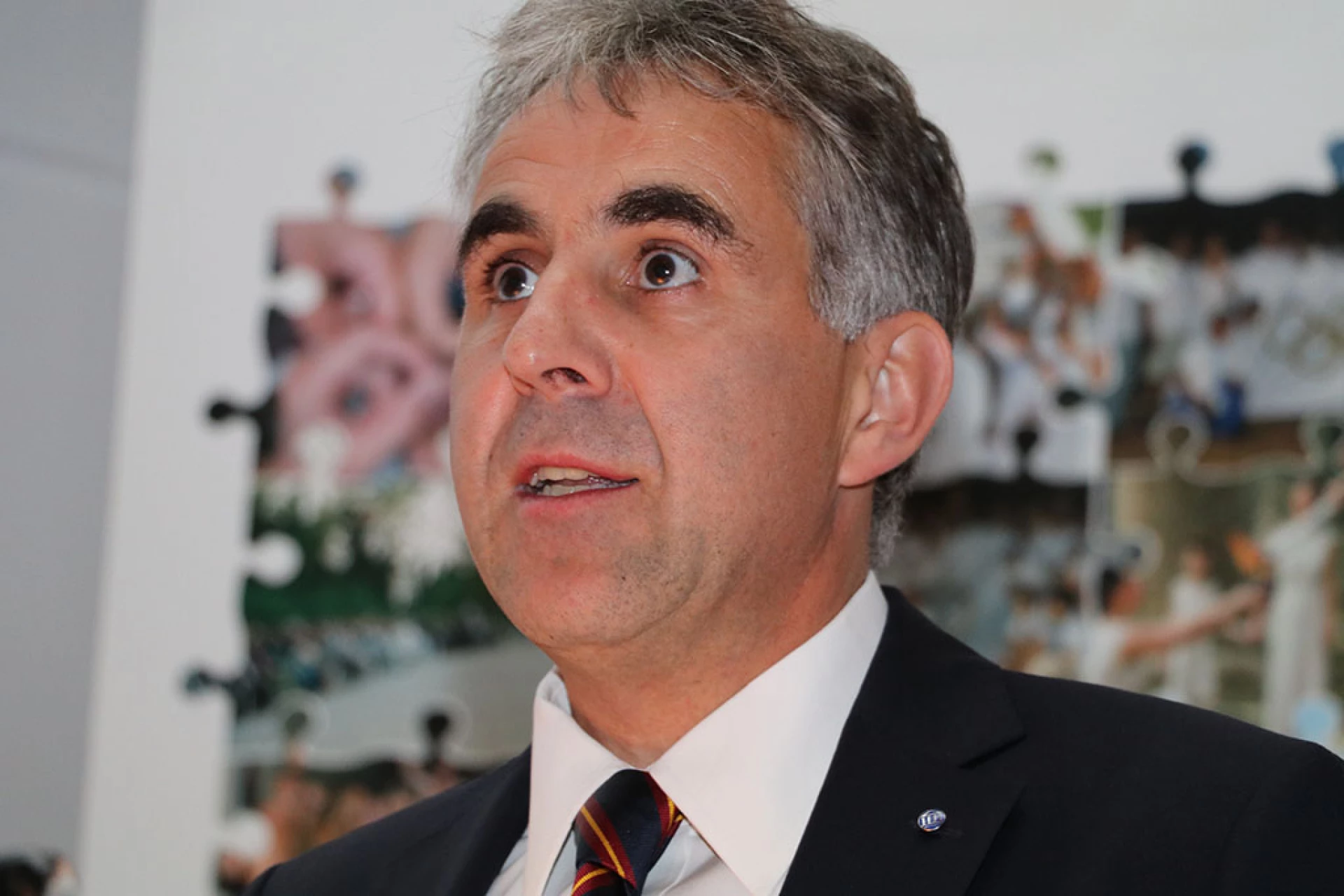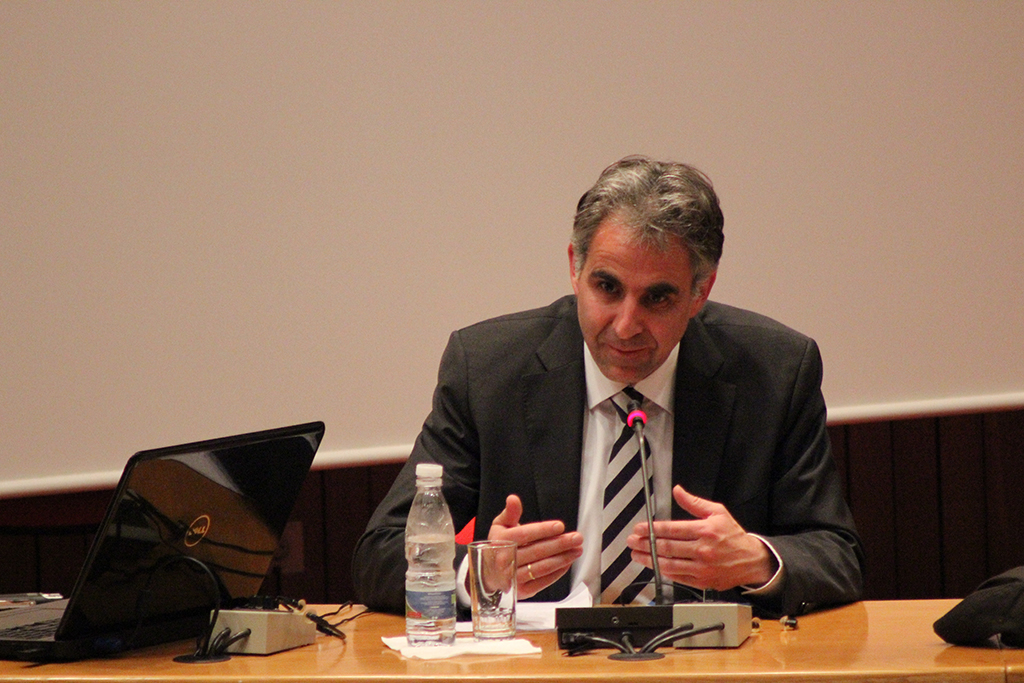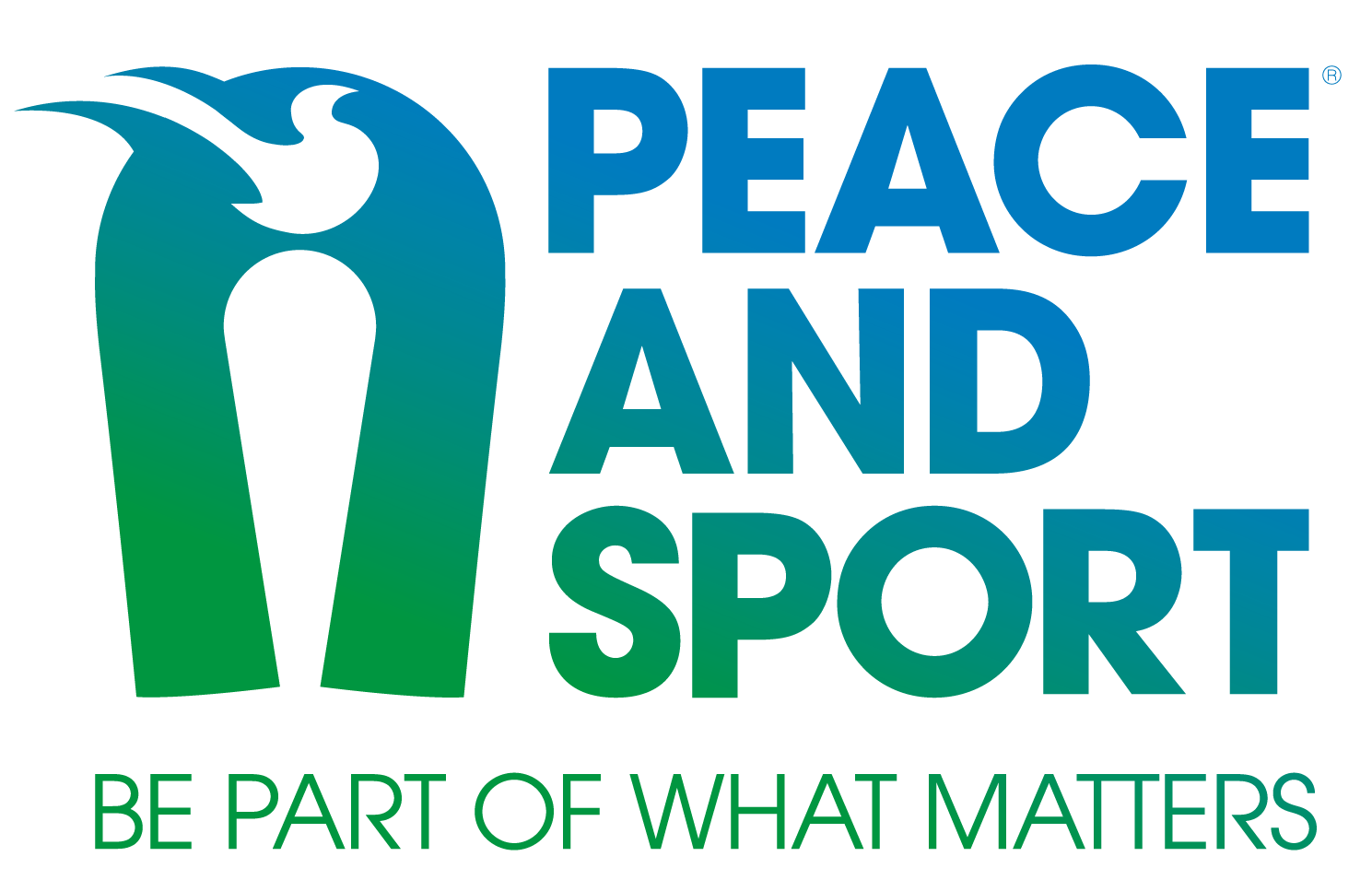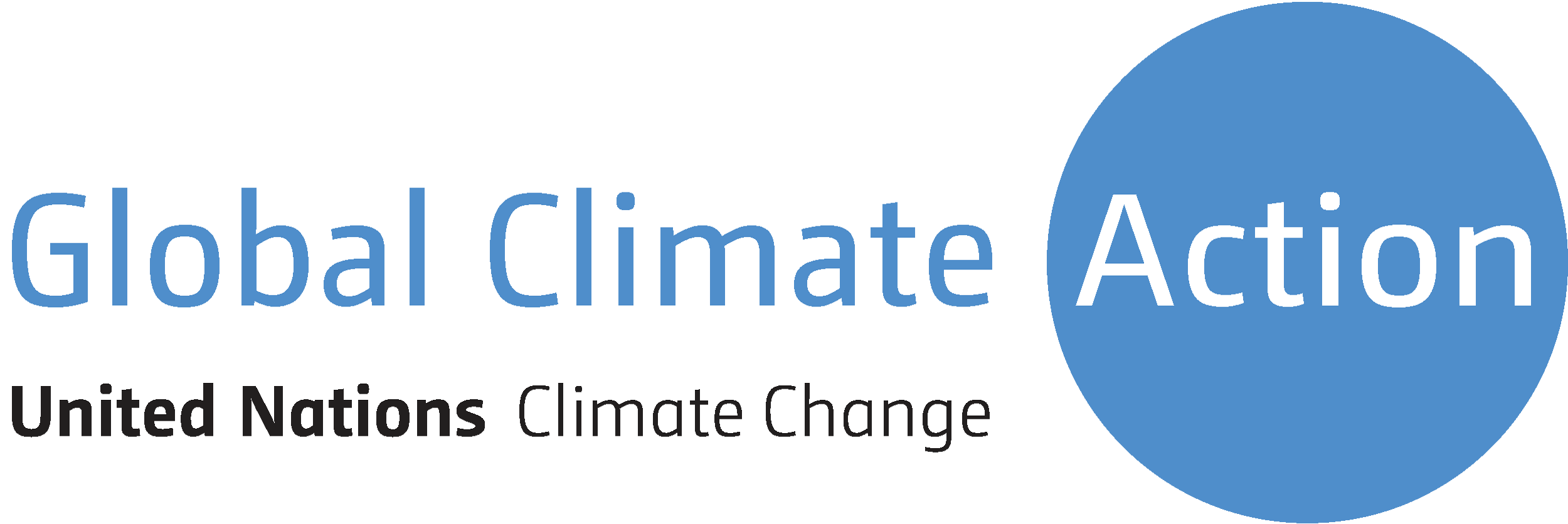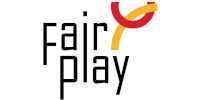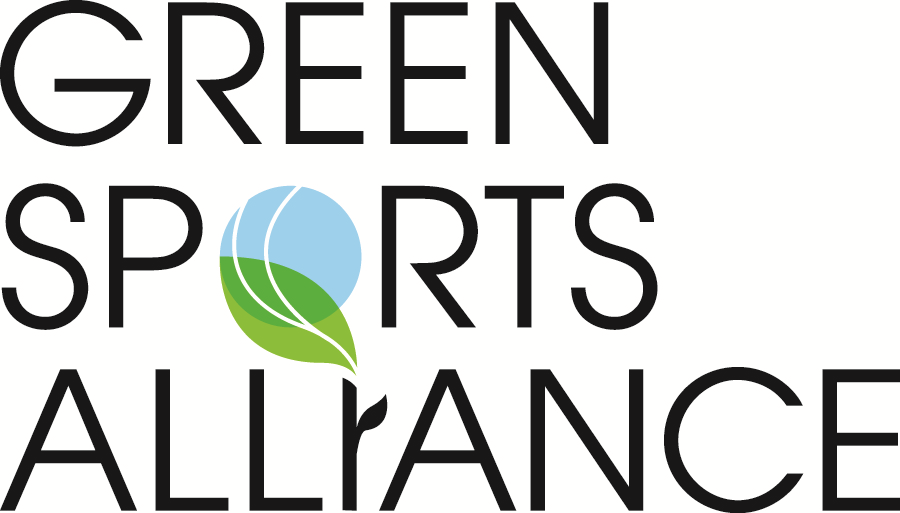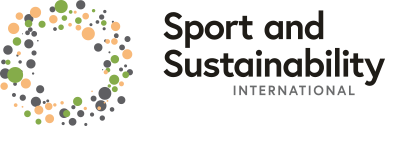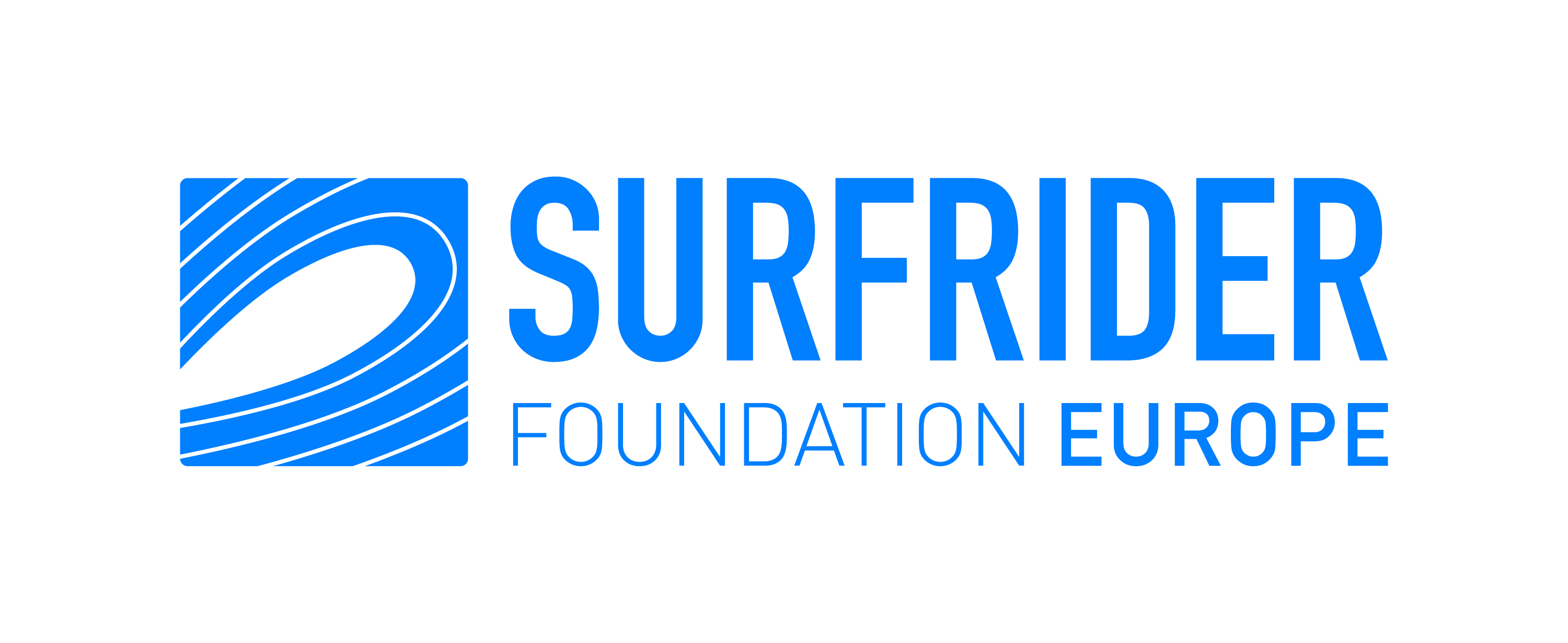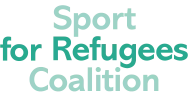WRF recently had the honor to interview Professor Stephan Wassong. He is a German sport scientist and university lecturer.
He studied sports science at the German Sport University of Cologne and at SUNY Cortland in New York state, completed his habilitation in the field of sports history and sports education. From 2007 to 2009 he was an Assistant Professor at Liverpool Hope University.
In October 2011 Wassong took over the management of the Institute for Sports History and the scientific management of the Center for Olympic Studies at the German Sport University Cologne. Since 2004 he has also been a member of the European Committee for Sports History, of which he was President from 2007 to 2009. He is editor of the Journal of Olympic History, the official journal of the International Society for Olympic Historians, and was a member of the IOC Postgraduate Grant Selection Committee from 2005 to 2010 . Since 2010 he has been head of the international Master of Art in Olympic Studies. From October 2011 to May 2014 he held the office of Vice-Rector for Studies and Teaching at the German Sport University.
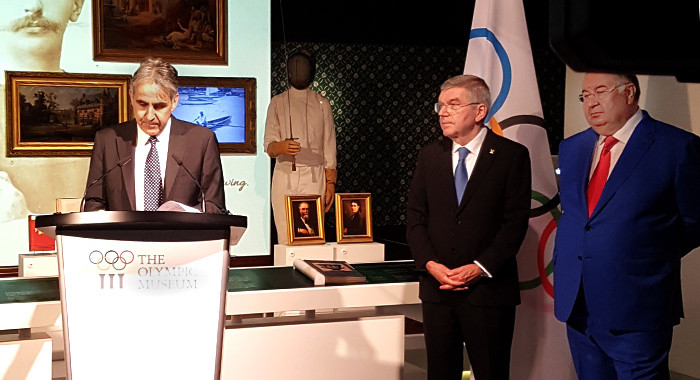
Mr. Wassong and the IOC President Thomas Bach
Professor Wassong, what is the institutional definition of Good Good governance?
I’m starting from the origins of the word governance: it derives from the Greek verb kubernaein [kubernáo] that means to steer. Whether we are talking about a club, a society or a federation, governance is the continuous process of managing all of the dynamics, like managing a boat.
Mentioning the IOC paper from 2008 entitled Basic Universal Principles of Good Governance of the Olympic and Sports Movement there are 7 principles that I consider the fundamental ingredients for Good Governance:
- Vision, mission and strategy
- Structures, regulations and democratic process
- Highest level of competence, integrity and ethical standard
- Accountability, transparency and contro
- Solidarity and development
- Athletes’ involvement, participation and care
- Harmonious relations with governments while preserving autonomy
I completely agree with the outcome of the seminar that in the following year discussed the IOC paper. I think that, in order to properly define Good Governance, we should add the qualities that are included in the 3 Olympic Values: excellence, friendship and respect. I stress the fact that these umbrella values include subordinary values. For example responsibility and integrity (as parts of excellence), tolerance and loyalty (as parts of friendship) and honesty (as part of respect).
Olympism for young athletes: what is possible and what are the challenges?
Sport has the potential to strengthen and make significant contribution to education. According to the World Health Organisation we can identify 10 life skills that are abilities for adaptive and positive behaviour. They enable individuals to deal effectively with the demands and challenges of everyday life.
“Described in this way, skills that can be said to be life skills are innumerable, and the nature and definition of life skills are likely to differ across cultures and settings. However, analysis of the life skills field suggests that there is a core set of skills that are at the heart of skills-based initiatives for the promotion of the health and well-being of children and adolescents. These are listed below:
- Decision making
- Problem solving
- Creative thinking
- Critical thinking
- Effective communication
- Interpersonal relationship skills
- Self-awareness
- Empathy
- Coping with emotions
- Coping with stress”
The development of these life skills can be facilitated by sport: sport can teach or help the growth of these skills. Sport challenges young athletes and they can transfer what they learn to non-sporting settings.
Olympism is a traditional and concrete application of this view: competition fosters public engagement and contributes to the prevention of disorientation, supplying a guidance.
It is not an immediate and independent process, it needs strategies and infrastructures such as school sport facilities, public fields or training centres. Institutional support and synergies with the social and political context are required as effective tools for education. A federation needs institutional support to grow and be effective: NOC, the IOC, international federations and sport foundations, universities. If we support the sport with institutional synergies then we can really use any discipline as a tool for the educational process.
The WRF is working on a new educational process in order to develop its managers and coaches. What is the pillar topic that an educational path needs to include?
The strategy is fundamental. A modern federation, in order to strengthen its profile and structure, has to provide educational programmes bearing in mind 2 topics: 1 to coin a specific modern profile, the nature of the programme (in any case it has to be flexible and clear) and 2 to reflect on the content (it is important to set up a market discipline programme: commercialitazion, administraton, polititation, mediatitazion of the sport). It is not only necessary to be fully understood but the link between these topics is also an engine to further develop the sport knowledge.
In order to build a concrete path we should link all the teaching content with ethical considerations. At the end of the day it is the effective education and the ethic process that matters.
WRF President Danilo Barmaz, on behalf of the rafting community, thanks Mr Wassong for his time and the opinions he shared. Finally he congratuleted him for the great contribution he made and is constantly giving to the sports world.

